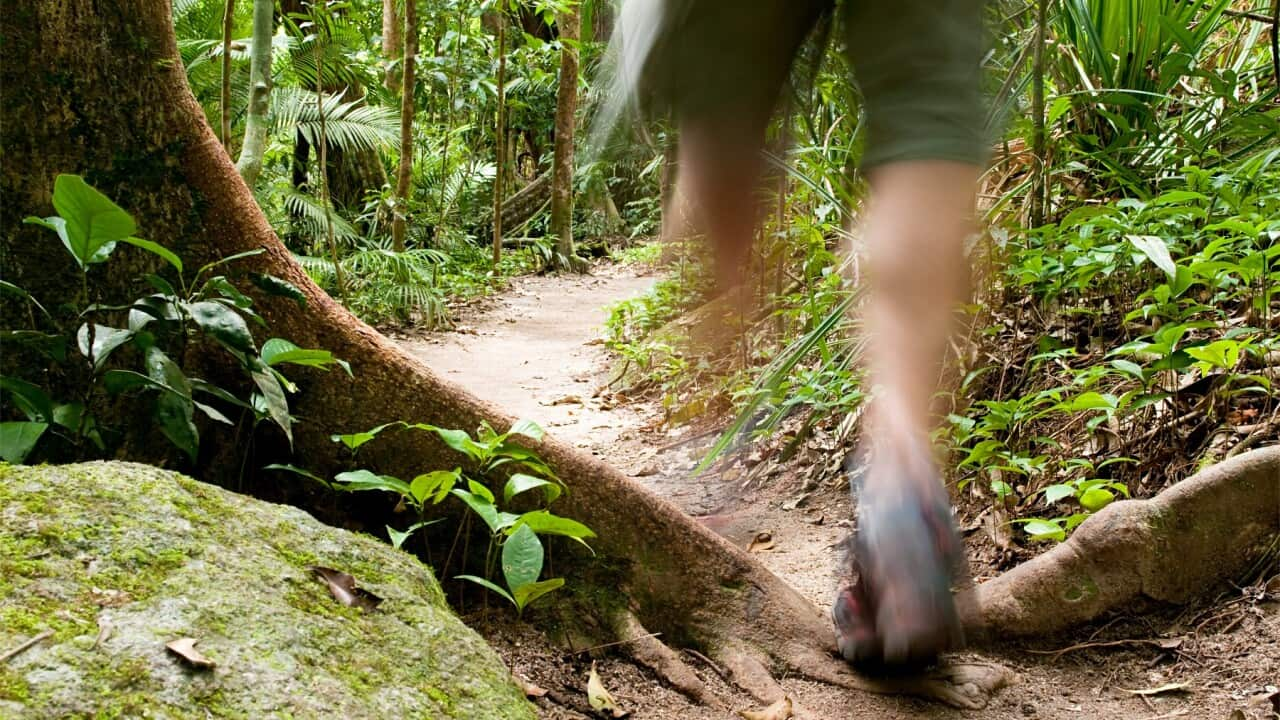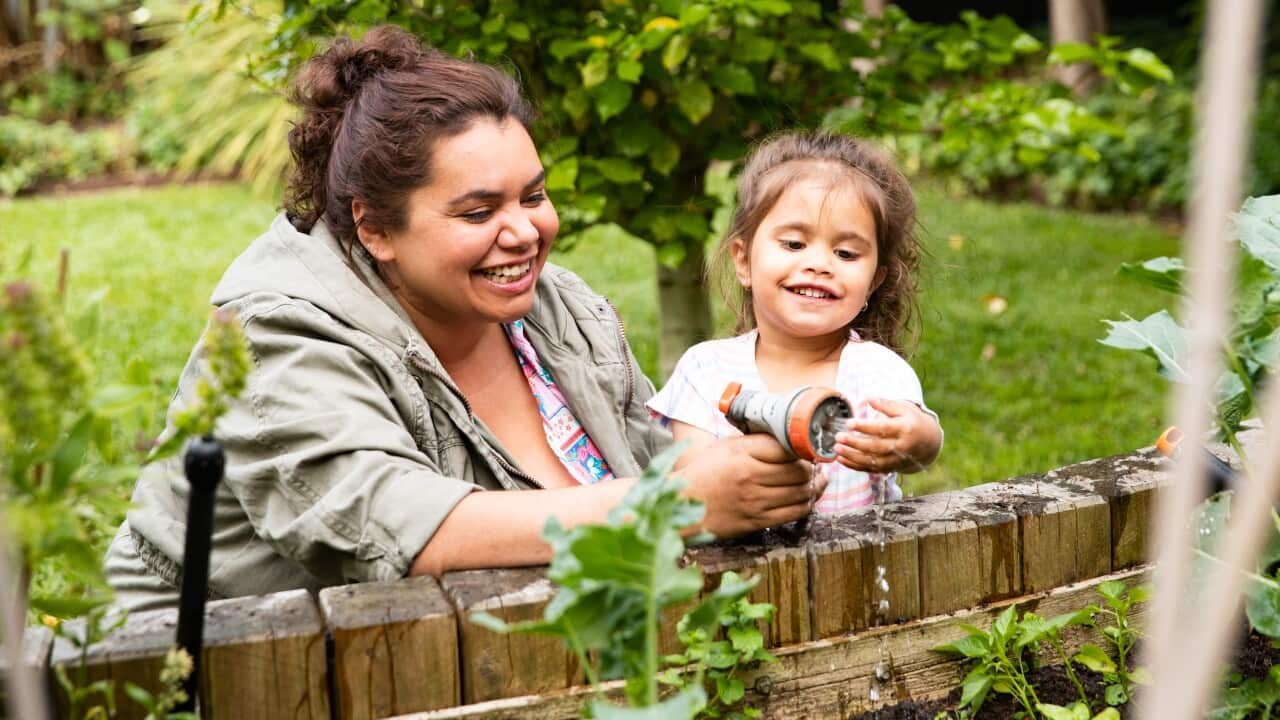Key Points
- Bushwalking improves physical and mental health
- Bushwalking is a low-risk activity but requires some simple planning
- Resources are readily available to help you find the right trail and specific advice
- A national grading system helps identify tracks to suit your abilities
Bushwalking is the best way to explore Australia’s unique and diverse natural environments, but the benefits don’t stop there.
“It’s so good for your health, including cardiovascular health and strength because you’re going up and down little inclines,” Helen Donovan, former Executive Director of Walking SA explains. “And mental health too. Generally, when you’re bushwalking, you’re doing it with others, so it’s social”.
Being in nature decreases stress and improves our mood.
Plan your walk
Bushwalking is typically a very low-risk activity, but any potential risks can be significantly reduced if you do some planning.
Consider the time of year you go bushwalking, says Andrew Govan, Board Member of Bushwalking Leadership SA.
“Often people choose to go walking in the outback in summer which is not the best time, because it’s very hot and there are very limited services out there. Or when it’s the dead of winter in the Victorian Alps or the more mountainous regions. It gets very cold.”
Choose your trail
Australia has more than 500 national parks. From the coastline to the deep outback and varying significantly in size, our national parks offer a great range of bushwalking experiences and challenges.
It’s crucial to research the conditions of the area and to consider your level of ability, Helen Donovan says.
One of the most common dangers would be choosing a trail that is not appropriate for your level of fitness or experience.
Many national parks provide detailed maps. The is a great place to starts when planning an appropriate walk based on your abilities.
Online resources can help you select areas to explore. For example, provides a list of bushwalking tracks created by bushwalkers, for bushwalkers.
Notify others
“Make sure you let someone know where you’re going, when you’re going, when you expect to be back and your contact details,” Andrew Govan says. “Quite often parks will require that you check in if you’re going on a walk for a few days.”

Source: Getty Images/mihailomilovanovic
What to take
Ensure that you carry enough water and food in case of delays, and a first aid kit for remote areas.
Organisations like Outdoor Council of Australia and Bushwalking Leadership South Australia provide advice on what to take when bushwalking. Retailers also offer advice about the best clothing and equipment for your walk.
Getting out of trouble
In an emergency try calling 000. Unfortunately though you can’t assume there will be mobile phone coverage.
“Only certain providers work in more remote areas so it’s really important to find out whether your provider does work in the area you’re going to,” Andrew Govan says. “You might be in a valley so you won’t get any reception there.”
If you plan to bushwalk in remote locations you can hire a personal locator beacon from some national parks and police stations.
And if you do get lost, try to return to a track so that there is more likelihood someone finds you, Andrew Govan suggests.
And importantly, don't go bushwalking alone.
“Quite often people aren’t really thinking about all the possible things that can go wrong.”
People do fall over, they do get lost, and having at least one other person there is crucial to getting help if an incident occurs.
Join a group
Bushwalking clubs are familiar with local conditions and hazards, what to take and the best things to see.
To find a local club visit . From here you will find clubs in every state and territory.
You can also access fantastic bushwalking initiatives across the country such as First Hike Project. Established in WA by a group of volunteers, First Hike has expanded to Melbourne, Canberra, Sydney and Brisbane to introduce young refugee and migrant people to the joys of bushwalking.
“The idea is to take them out into nature, make them feel welcome and ensure that they’re safe at all times,” WA Coordinator Louise Jorgensen says.
For these novice bushwalkers the benefits have been profound.
"To have a female student of Afghan background say,‘thank you for taking me out – this is the first time I’ve been out without a member of my family since arriving in Australia’ just warms our hearts.”
Resources for bushwalkers
This article was first published in 2022 and updated in December 2024.





